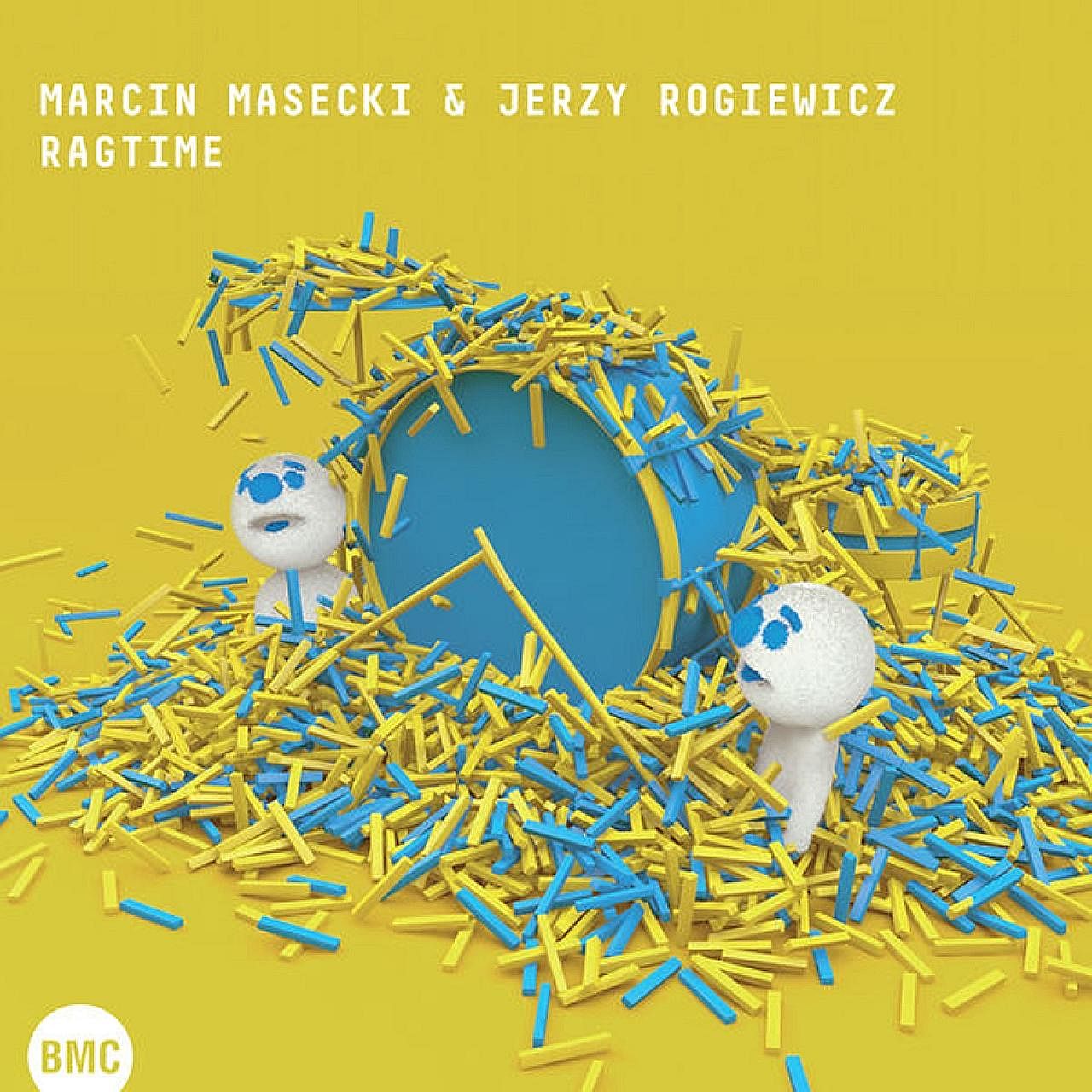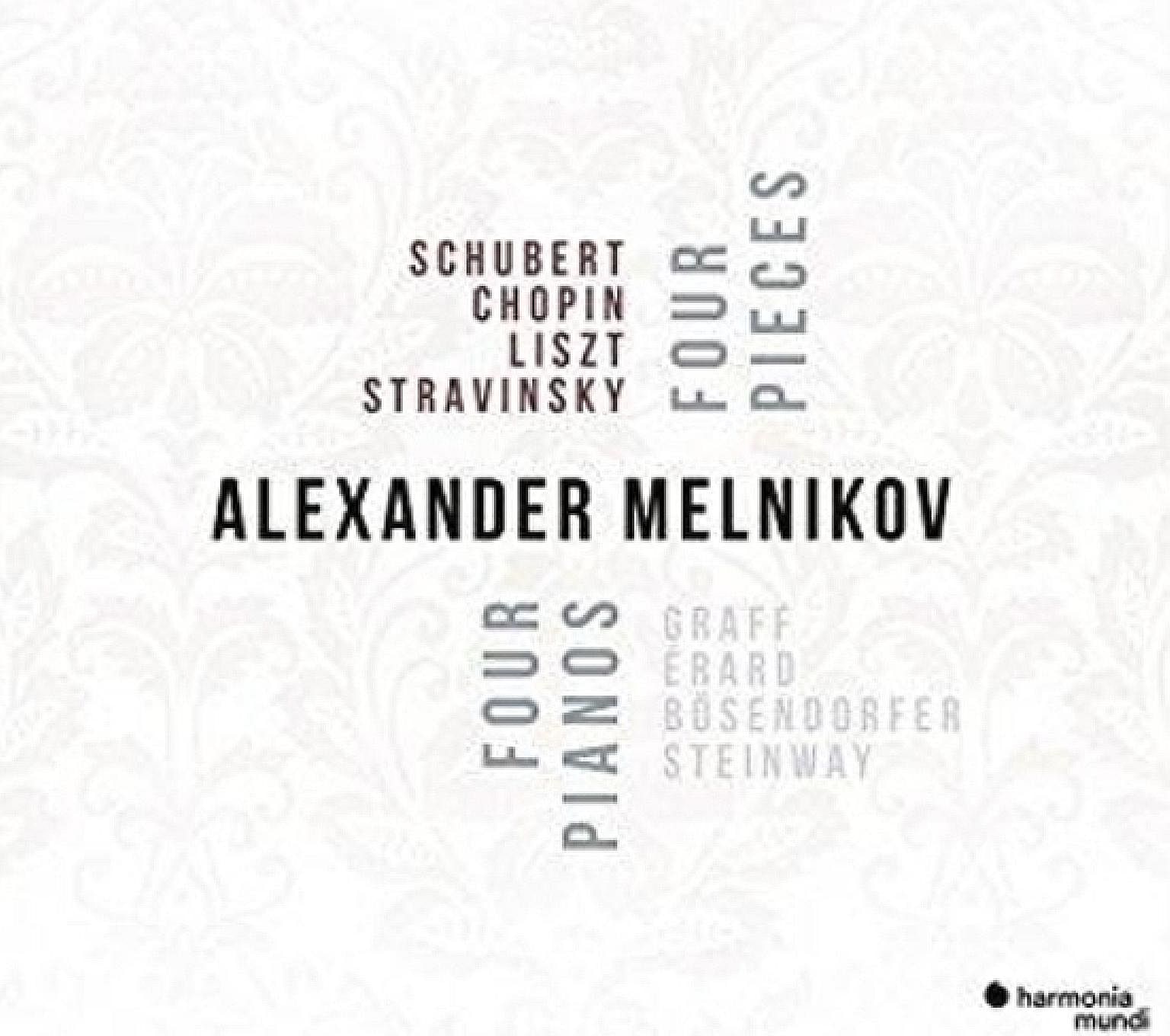JAZZ
RAGTIME
Marcin Masecki featuring Jerzy Rogiewicz
BMC Records
4 stars
Ragtime as a musical genre is the bridge between early European-style marches and later American jazz music. The clever hands of Polish pianist Marcin Masecki burnishes brightly this sturdily old-fashioned genre.
The 34-year-old takes the foundation of the music and adds his own influences - from European classical to modern avant garde - and the result is an energetic, brainiac mash-up that takes ragtime to new realms.
The introductory track Wtro is the signal that we are not in Kansas anymore. An organ buzz chord is interrupted by a thumpingly repetitive bass rhythm on the piano, emphasised by Jerzy Rogiewicz's drumming, as Masecki doodles an atonal melody on top of the beats.

This is clear warning that the rest of the tracks will be equally experimental and the listener will have to keep up as the two musicians plunge into exhilarating musical excursions.
Why, Why opens with Rogiewicz's jazzy drum solo before Masecki jumps in with a stride-inflected piano melody that changes time in the blink of an eye before turning into classical-influenced trills.
Even the two standards on the programme - Between The Devil And The Deep Blue Sea and Dinah - quickly reform from ragtime to atonal experimentation and time changes to become strange, vibrant new creations.
This is inventive music-making that breathes new life into an old-school format.
Ong Sor Fern
CLASSICAL
FOUR PIECES. FOUR PIANOS
Alexander Melnikov, piano
Harmonia Mundi
902299
4.5 stars
In a musical experiential experiment not often conducted, this recording has Russian pianist Alexander Melnikov performing on four pianos from different periods of the instrument's storied history.
His selections aptly reflect the most virtuosic works written in a period close to each instrument's construction, thus allowing the listener to appreciate what each would have sounded like back in the day.
Opening with Schubert's Wanderer Fantasy on an Alois Graf fortepiano (1828), Melnikov brings a barnstorming yet musical approach to a composer who was not generally known for his technical virtuosity.
The sound is mellow and soft-edged, which is also appropriate for Chopin's 12 Etudes Op. 10, in which the requisite prestidigitation seems completely natural on an Erard grand piano (1837).

For Liszt's Reminiscences De Don Juan, Melnikov turns to a Bosendorfer (1875), where he piles on multitudes of the octaves and chords without apology. The piano takes everything thrown at it.
Finally, Stravinsky's Three Movements from Petrushka is heard on a modern Steinway D (2014), which is what audiences enjoy in concert halls around the world today.
A historical tour of keyboards has rarely sounded this enlightening.
Chang Tou Liang
